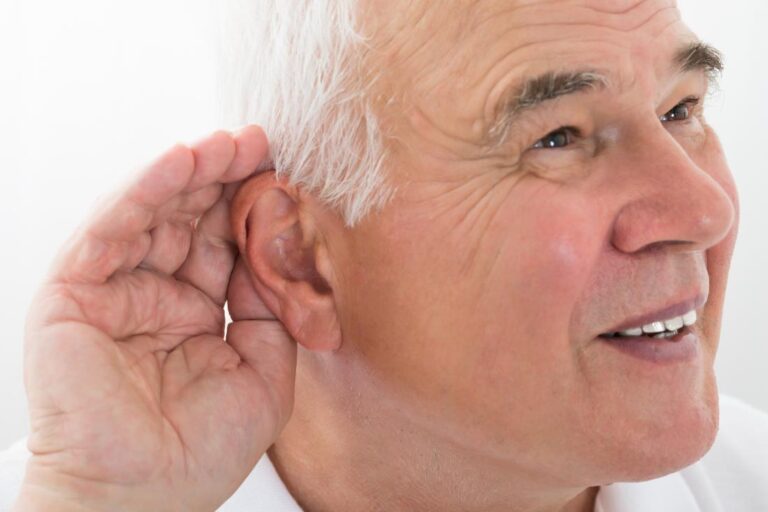Tensor Fasciae Latae (TFL) pain is a common issue that often affects the outer hip and thigh area. The TFL is a muscle located on the outer side of the hip and plays a role in stabilizing the hip and assisting with certain hip movements.
Here are some vital aspects to understand about tensor fasciae latae pain:
Anatomy and Function
The TFL is a small muscle located at the front of the hip, just below the hip bone. It connects to the iliotibial (IT) band, a thick band of connective tissue that runs down the outer thigh. The TFL assists in flexing, abducting (moving away from the midline), and internally rotating the hip joint.
Causes of TFL Pain
TFL pain can develop due to various factors, including:
- Overuse or repetitive movements, such as running or cycling.
- Muscle imbalances or weakness in the hip and pelvic muscles.
- Poor biomechanics, such as improper walking or running techniques.
- Tightness or dysfunction in surrounding muscles.
- Direct trauma or injury to the TFL area.
Symptoms of TFL Pain
Individuals with TFL pain may experience:
- Pain or discomfort at the front of the hip, outer hip, or upper thigh.
- Pain that worsens with activities like walking, running, or climbing stairs.
- Tightness or aching sensation in the hip area.
- Pain that may radiate down the outer thigh or even to the knee.
Diagnosis
A healthcare professional, such as a doctor or physical therapist, can diagnose TFL pain through a combination of physical examination, discussing symptoms, and potentially using imaging techniques if necessary.
Treatment and Management
Managing TFL pain typically involves a combination of approaches:
- Rest and Activity Modification
Giving the muscle time to rest and avoiding activities that exacerbate the pain.
- Stretching
Gentle stretching of the TFL and surrounding muscles can help relieve tightness.
- Foam Rolling
Using a foam roller on the IT band and TFL area can help release tension.
- Strengthening Exercises
Targeted exercises to strengthen the hip and pelvic muscles can alleviate strain on the TFL.
- Biomechanical Corrections
Working on improving walking or running techniques can reduce stress on the TFL.
- Manual Therapy
Techniques like massage and myofascial release can aid in relaxation of the TFL.
- Cold and Heat Therapy
Applying ice or heat can help alleviate pain and inflammation.
Prevention
To prevent TFL pain in the future, consider:
- Engaging in proper warm-up and cool-down routines before exercise.
- Incorporating regular stretching and strengthening exercises for the hip and thigh muscles.
- Ensuring proper footwear and equipment for activities like running or cycling.
- Paying attention to posture and body mechanics during daily activities.
If you’re experiencing TFL pain, seek guidance from a qualified medical practitioner.




